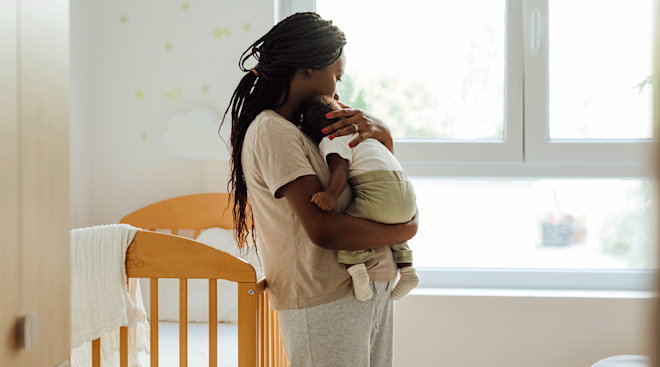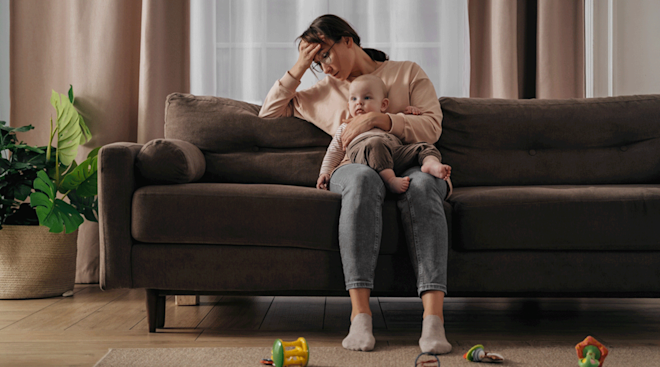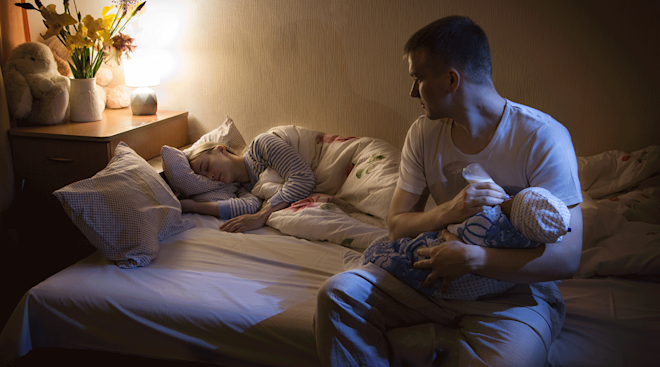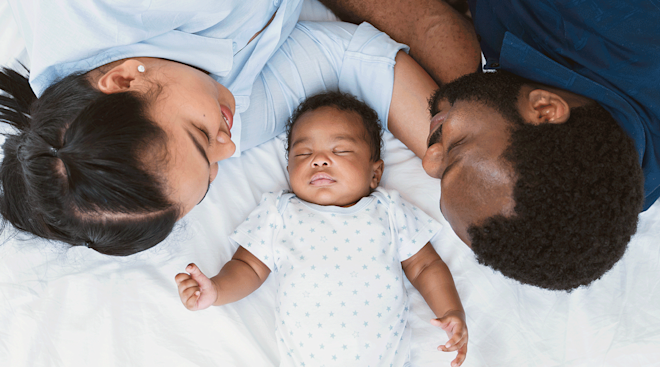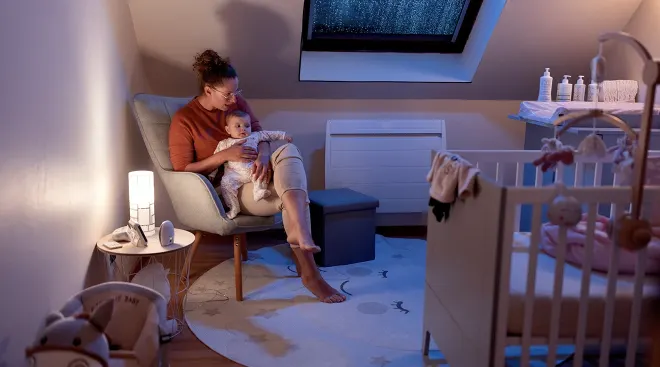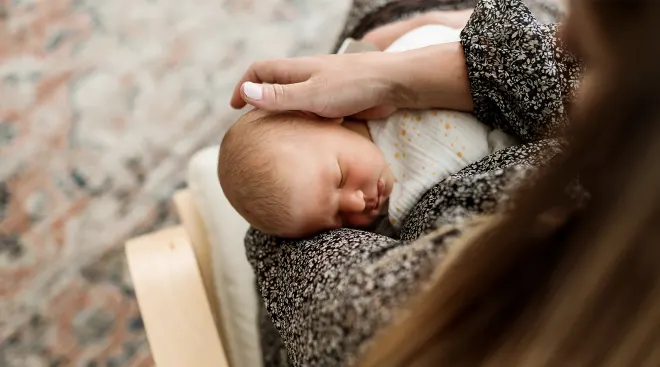The Secret to Bedtime Success Is Good Sleep Hygiene Practices, Experts Say
Getting your kid into a good sleep schedule can be quite a lift for parents. But all those routines you’ve worked so hard to make are worth it, according to a new review. The report from the University of British Columbia (UBC) backs the use of bedtime routines to promote healthy sleep for children.
“Good sleep hygiene gives children the best chances of getting adequate, healthy sleep every day. And healthy sleep is critical in promoting children’s growth and development,” says Wendy Hall, lead author of the review. “Research tells us that kids who don’t get enough sleep on a consistent basis are more likely to have problems at school and develop more slowly than their peers who are getting enough sleep.”
The American Academy of Sleep Medicine recommends the following amounts of sleep for each age group:
- 4 to 12 months: 12 to 16 hours
- 1 to 2 years: 11 to 14 hours
- 3 to 5 years: 10 to 13 hours
- 6 to 12 years: 9 to 12 hours
- 13 to 18 years: 8 to 10 hours
The UBC review analyzed sleep hygiene across different countries and cultures, observing about 300,000 kids in North America, Europe and Asia.
"We found good-to-strong endorsement of certain sleep hygiene practices for younger kids and school-age kids: regular bedtimes, reading before bed, having a quiet bedroom and self-soothing,” says Hall.
Keeping a regular bedtime also proved important later in life. Adolescents whose parents set strict guidelines about their sleep slept better than kids whose parents didn’t set any guidelines.
And it’s no surprise screen time played a part in kids’ sleep, or lack thereof. The review found studies in Japan, New Zealand and the US showed the more exposure kids had to electronic media around bedtime, the less sleep they tended to get.
“One big problem with school-age children is it can take them a long time to get to sleep, so avoiding activities like playing video games or watching exciting movies before bedtime was important,” Hall suggests.
Other routines also helped shape a consistent bedtime. For example, regular family dinnertime was crucial to helping kids in New Zealand get their fill of sleep.
While more research needs to be done, Hall suggests parents can start by putting a few practices in place to help kids get the optimum amount of sleep. She recommends mom and dad set regular bedtimes—even for older kids—enjoy family dinners, read bedtime stories and limit screen time as much as possible.
Getting your newborn to sleep is the first step to setting sleep routines—but it’s not always easy. Here are some tips to help you along the way.
Please note: The Bump and the materials and information it contains are not intended to, and do not constitute, medical or other health advice or diagnosis and should not be used as such. You should always consult with a qualified physician or health professional about your specific circumstances.
Navigate forward to interact with the calendar and select a date. Press the question mark key to get the keyboard shortcuts for changing dates.


































